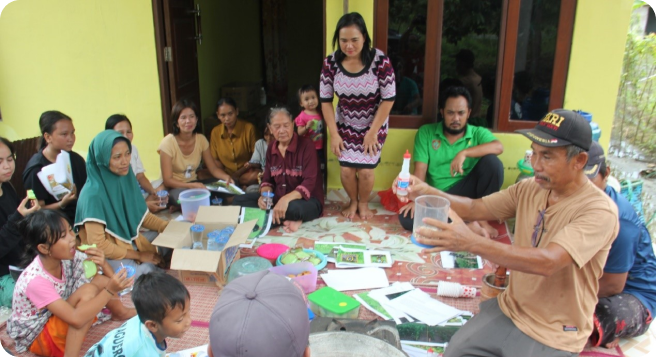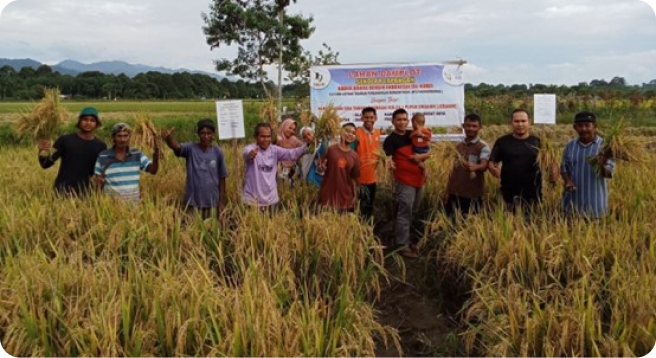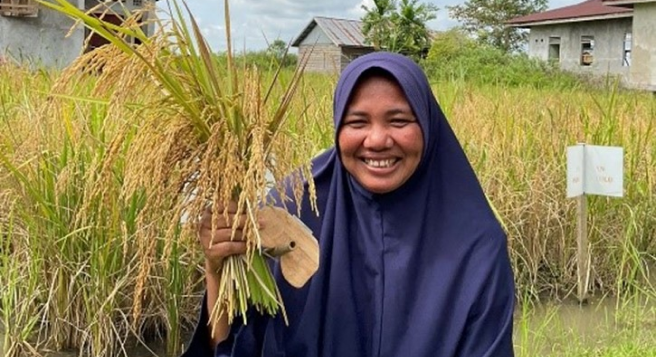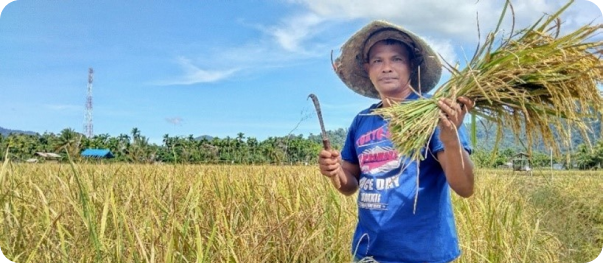Background
Biomass burning refers to the burning of field residues after crop harvesting, open burning of grass, and cutting and burning of plants in a forest. As one of the world’s major agricultural producers, Indonesia utilises 32% of its land for agricultural production, according to a study by the Food and Agriculture Organization of the United Nations (FAO, 2018). This sector encompasses a wide range of producers, including large plantations, state-owned or private farms, and smallholders. Within this context, agricultural biomass burning—whether it’s crop residue burning or plantation burning to clear land—has become a significant source of air pollution in Indonesia, with agricultural emissions accounting for 7.8% of the country’s total greenhouse gas emissions. This practice has resulted in challenges such as ecosystem destruction, soil imbalance, continuous loss of soil nutrients, increased risk of fires, and adverse impacts on human health due to air pollution. Additionally, Indonesia is home to half of the world’s tropical peatlands, which serve as important carbon sinks by effectively storing carbon dioxide converted from organic matter in the ground. When peatlands are drained or burned, the peat decomposes and releases the stored carbon into the atmosphere, exacerbating the impacts of climate change.
To address this issue ECF has been supporting local partners in Indonesia to reduce smallholder burning and improve community health.




